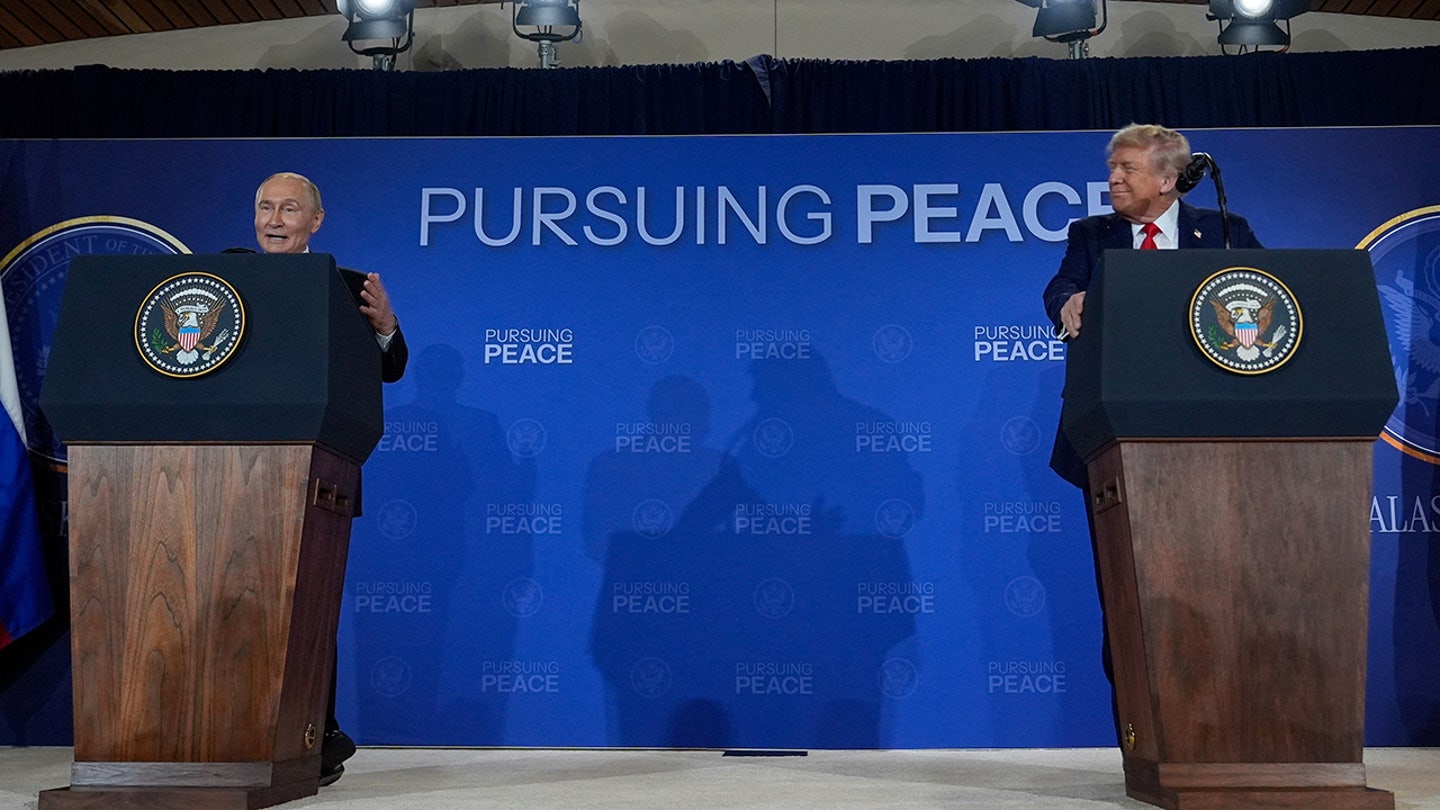
California Democrats unveil redistricting map to wipe out 5 GOP seats, counter Texas plan
Entities mentioned:
- Democratic Congressional Campaign Commission (DCCC): Power, Control, Justice
- Gov. Gavin Newsom: Ambition, Power, Revenge
- California Democrats: Power, Control, Competitive spirit
- President Donald Trump: Power, Control, Self-preservation
- Republicans: Power, Control, Self-preservation
- Arnold Schwarzenegger: Justice, Duty, Righteousness
- National Republican Congressional Committee (NRCC): Power, Control, Competitive spirit
Article Assessment:
Credibility Score: 65/100
Bias Rating: 55/100 (Center)
Sentiment Score: 35/100
Authoritarianism Risk: 65/100 (Authoritarian Tendencies)
Bias Analysis:
The article presents viewpoints from both Democrats and Republicans, including criticisms of each side's actions. However, there's slightly more space given to Democratic perspectives and plans, balanced by including Republican and non-partisan voices.
Key metric: Political Polarization Index
As a social scientist, I analyze that this article highlights the intensifying political polarization in the United States, particularly through the lens of redistricting efforts. The proposed redistricting in California, aimed at countering similar efforts in Texas, demonstrates an escalation in partisan tactics. This tit-for-tat approach to redistricting, with each side accusing the other of 'rigging' the system, is likely to further entrench political divisions and erode trust in democratic processes. The willingness to alter established non-partisan systems for short-term political gain, as seen in Newsom's proposal to temporarily replace the independent redistricting commission, indicates a concerning trend towards prioritizing party power over institutional stability. This could lead to increased cynicism among voters and potentially lower faith in the electoral system, ultimately impacting the Political Polarization Index negatively.

Putin backs Trump's claim that the Ukraine war would not have happened if he’d won 2020 election
Entities mentioned:
- Vladimir Putin: Power, Influence, Control
- Donald Trump: Ambition, Power, Influence
- Joe Biden: Duty, Influence, Security
- Volodymyr Zelenskyy: Self-preservation, Duty, Determination
Article Assessment:
Credibility Score: 55/100
Bias Rating: 65/100 (Lean Right)
Sentiment Score: 45/100
Authoritarianism Risk: 55/100 (Mixed/Neutral)
Bias Analysis:
The article leans right, favoring Trump's narrative and giving substantial space to Putin's supportive comments. It presents criticism of the Biden administration without equal counterbalance, suggesting a right-leaning bias in its framing and source selection.
Key metric: International Relations and Diplomacy
As a social scientist, I analyze that this article presents a significant shift in US-Russia relations under Trump's presidency. Putin's endorsement of Trump's claims about preventing the Ukraine war suggests a potential realignment of global power dynamics. This could impact US diplomatic standing, particularly with NATO allies and Ukraine. The article highlights a stark contrast between Trump's approach to Russia and that of the Biden administration, potentially influencing future US foreign policy. The meeting's optics and Putin's praise for Trump may raise concerns about US commitment to its traditional allies and democratic values on the global stage.